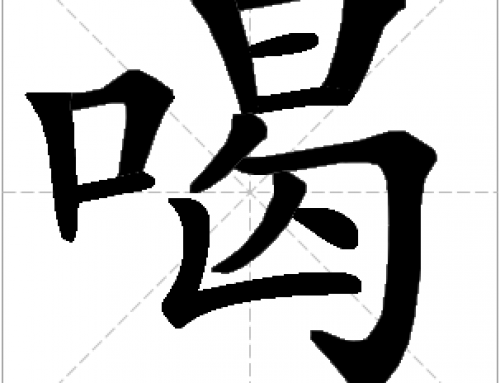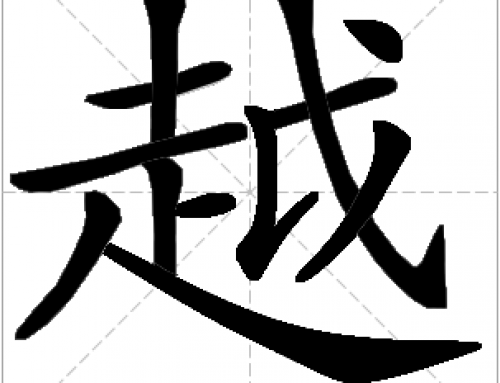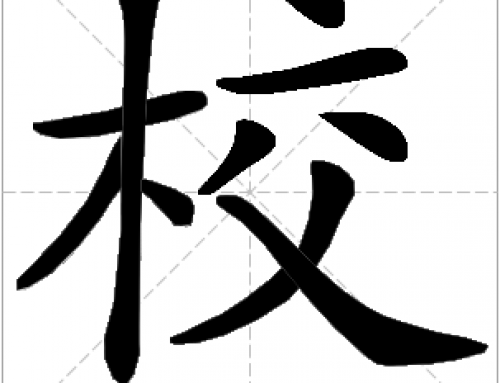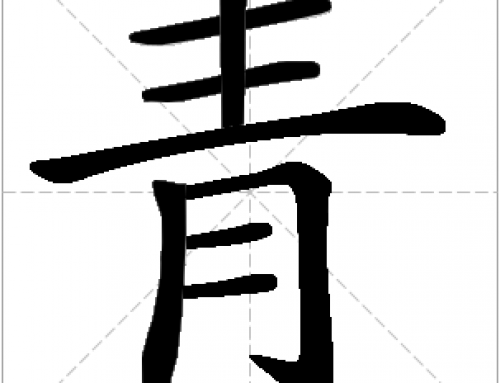
7 strokes
7 画
lái

mù
wood; tree
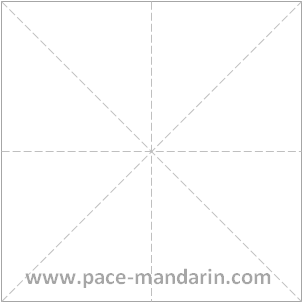
lái
come
- come approach; crop up
- used before a verb to indicate going to do sth.
- used together with “得 de” or “不 bù-no”, to indicate possibility or impossibility to do sth.
- used to take place of the verb of concrete meaning
- used between two verb structures indicating the aim of doing sth.
- used after a verb to indicate coming to do sth.
- used after a verb to indicate the result of the action
lái-bīn
来宾
n.
guest; visitor
lái-bu-jí
来不及
there’s not enough time (to do sth.); it is too late (to do sth.)
lái-de-jí
来得及
there’s still time; be able to do sth. in time
lái-fǎng
来访
v.
come to visit; come to call
lái-lì
来历
n.
origin; source; past history; background
lái-nián
来年
n.
next year; the coming year
lái-wǎng
来往
n.
lái-xìn
来信
n.
coming letter; send a letter here
lái-yuán
来源
n.
cóng-lái
从来
adv.
always; at all time
xiàng-lái
向来
adv.
all along; always
yuán-lái
原来
adj. / adv.
original; former / originally
lái-lóng-qù-mài
来龙去脉
cause and result; the whole story of (an event)
lái-rì-fāng-cháng
来日方长
there will be ample time for doing something
lái-zhī-bú-yì
来之不易
be not easy to get
Usage / 用法
come approach; crop up
Yì chǎng bào-fēng-yǔ jiù-yào lái le.
一场暴风雨就要来了。
A storm is coming up soon.
used before a verb to indicate going to do sth.
Wǒ lái zì-wǒ jiè-shào yí-xià.
我来自我介绍一下。
Let me introduce myself.
used together with “得 de” or “不 bù-no”, to indicate possibility or impossibility to do sth.
Chàng-gē wǒ chàng-de-lái, dàn tiào-wǔ wǒ tiào-bu-ái.
唱歌我唱得来,但跳舞我跳不来。
I can sing, but I can’t dance.
used to take place of the verb of concrete meaning
Xiān-sheng, lái yì píng pí-jiǔ.
先生,来一瓶啤酒。
Waiter, bring me one bottle of beer, please.
used between two verb structures indicating the aim of doing sth.
Nǐ dǎ-suàn yòng shén-me-fāng-fǎ lái bāng-zhù tā ne?
你打算用什么方法来帮助他呢?
How are you going to help him?
used after a verb to indicate the result of the action
Míng-tiān qǐng bǎ zì-diǎn dài-lái.
明天请把词典带来。
Please bring your dictionary here tomorrow.
used after a verb to indicate the result of the action
Yí-jiào-xǐng-lái, yǐ-shì xià-wǔ liǎng-diǎn.
一觉醒来,已是下午两点。
Waking after a sound sleep, the time was already 2:00p.m..
used after numerals to indicate an approximate number
Tā kàn-shàng-qù wǔ-shí lái suì.
他看上去五十来岁。
He appears be be in his fifties.
ever since
Jǐ-ge-yuè-lái, tā yì-zhí dōu hěn máng.
几个月来,他一直都很忙。
He has been very busy for these past few months.
used after numerals to indicate an approximate number
Wǒ zhè cì qù Běi-jīng, yī lái shì lǚ-yóu, èr lái shì kàn-kan lǎo tóng-xué.
我这次去北京,一来是旅游,二来是看看老同学。
My trip to Beijing this time is for two reasons: one is sightseeing, the other is to visit my old classmates.



